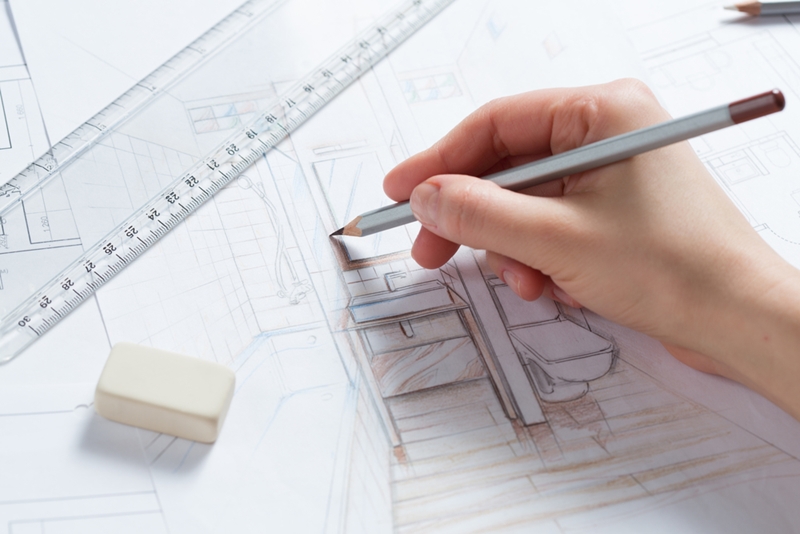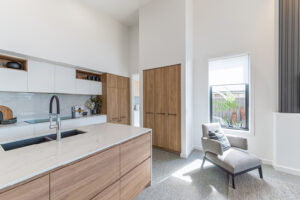In May this year alone, almost 17,000 new dwellings were approved for construction all around Australia, Australia Bureau of Statistics (ABS) data shows. There's a very simple reason for that – building your own home just makes sense – but how about building your next investment property?
 Are you ready to build your next investment property?
Are you ready to build your next investment property?1. The ability to build your investment property for profit
Whether you're building your first investment property or your 100th, you should do so with the express intention of maximising your profit. First of all, you have to build for the market.
If you're in a central area, occupied mainly by young professionals, a one or two bedroom home may be perfect . On the other hand, if you're in an area occupied by mainly families, a three or four bedroom home with a lawn is more likely to be in high demand. If you're smart, that ability to build what people in the area want could ensure your investment's success.
Whether you're building your first investment property or your 100th, you should do so with the express intention of maximising your profit.
You should also consider if you can build more than one dwelling on the property. Doing so will cost you more, but it could vastly increase the property's value and almost double its income earning potential.
2. Savings on your investment property's stamp duty
Building your investment could net you a higher profit, but it could also cost you less. You'll almost certainly pay a smaller stamp duty, because when you build you only pay duty on the land, not the property that you build on it.
To give you an idea of how much this could save you, if you were to buy at the CoreLogic RP Data recorded average capital city vacant land price in NSW you'll pay $7,623. If you were to purchase an established dwelling at the Australian Bureau of Statistics average capital city house price, you'd pay a $25,904 stamp duty in NSW. That's a saving of over $18,000 – a number which could be more or less depending on which state you're in.
3. Making the most of depreciation
When you build your investment property you can claim the depreciation of the building itself, and the appliances inside it against your tax bill. This reduces your taxable income, and as a result the size of your tax bill at the the end of the financial year.
 Building your first investment property could help you build wealth.
Building your first investment property could help you build wealth. This is particularly effective with new properties, as depending on which method of depreciation you use, you could claim the entire cost of most of your appliances in your home in the first few years after building it. Make sure you consult an accountant and a quantity surveyor to make sure your investment's as tax efficient as possible.
If you you're ready to build, the first thing on your to-do list should be to secure a Construction loan for investment. Here at Mortgageport we specialise in tailoring your loan to you, and guiding you through the entire process of your investment. Get in touch today for the expert advice and finance you need to get get started on the right foot.



